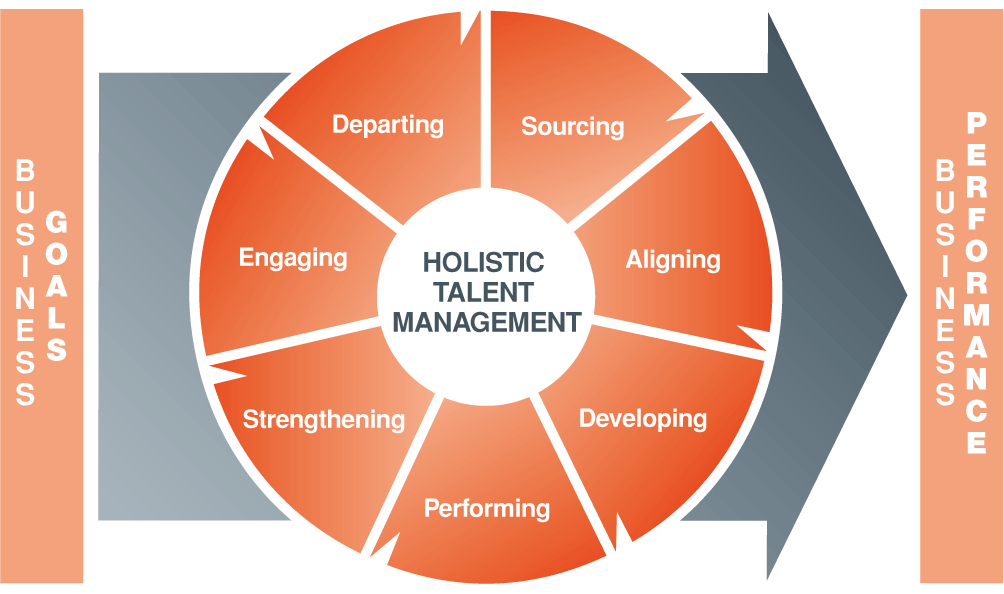Real commitment to talent cannot be built through half measures. How optimistic are your execs about the future; esp. company processes and talent practices to cope? Does the organization excel at understanding its people, directing their efforts at most important business priorities?

Any movement to new models requires a rethink – different strategies, hardcore change, and a shift in mindsets of your people; esp. if seeking to boost productivity in a tangible way. Reviews of your organization’s talent performance, investment into building coalitions, and/or support of talent development more broadly, signals true value (and positive intent to internal teams as well).
We help companies delve into their organisational health, people practices and performance, company positioning, and more.
Contact us for more information
Improvement pathways start with data and introspection. Views from the middle of organizations are far less sanguine than views from the top. Difficulty arises from the implementation of talent practices – through this, a tendency to identify company leaders/managers as the biggest culprits. Serious amounts of pressure is being heaped onto leaders and managers, as they draw on their people management and interactive skills. At same time, support and investment into these leaders dwindles. A most consequential thing, esp. in relation to new ways of working, now post-covid workplace set ups, and managing next-level engagement and direction of talent.
Accountability for organization-wide talent priorities is linked to tangible business objectives; but honestly even your most respected strategic inner circle, responsible for driving the people strategy – they can’t go it alone. Many benefit from expert guidance, externally and the co-designed fresh perspectives. Leaders must get fluent in practices, improving their own personal brands and leadership skills to operate well in demanding new environments. Preparing better to act on the data – what they learn from employee feedback, in any form, along with what should be happening, as a result of external benchmarking too. This remains one of our specialties: guiding great leaders to be more aware of, and to own, the consequences of their decisions and actions.
REALLOCATE TALENT TO STRATEGIC PRIORITIES
Adoption of talent strategy, skills-based training might be expensive but it isn’t half as expensive as having your entire business totally disrupted and losing market share, as a result.
Dynamic companies regularly reallocate talent to different areas of their business to match strategic priorities – this makes them twice as likely to outperform their competitors. Good practice implementation involves leaders having a genuine desire to want it to succeed. But when that narrative or verbal messaging isn’t backed up by leader actions, becomes obvious and leads people to question it. Get your leaders focused on developing new or the right behaviours in support of innovation, and encouraging their team to safely give upward feedback.
Forget Short-Termism in vital Talent Strategy and Recruitment.
Looming Skills Gaps on the horizon from disruptive technologies adds yet another layer to the VUCA. At least, many organisations are honest now to admit they simply aren’t prepared to address the anticipated skill gaps.
Our change and employer brand specialists coach and guide businesses – hosting agile workshops on Talent Strategy & Systems. Critical considerations HR and talent acquisition teams need to capture, categorizing across areas of Strategy, Staff, Structure, Systems, Shared Values, Skills, and Styles.
A fast-paced, energetic collaborative workshop for deep understanding of most important aspects in relation to the existing company direction, new ways of working, effectiveness of the current talent strategies, adoption of new technology platforms, people practices, and impact across the EVP touch-points.
People Strategy Services
- Comprehend, challenge existing business, talent and skills strategies, demographics and channels
- Evidence of your company’s ‘known’ appeal (strengths, capabilities) to talent, business partners and clients
- Talent landscape (map current / future talent requirements, pipelines and communities)
- Group talent attraction strategy (skills blend specific candidates critical roles)
- Inputs talent management practices, bottlenecks, gaps, any inconsistencies throughout employee life-cycles
- Examine existing evidence, research and data
- Encouraging creative, longer-term thinking
- Gettting clear on existing interplay of business relationships – suppliers, employment markets, recruiters and regulatory bodies.
- Analysing relationships between corporate / consumer brands, current delivery to consumers, customers, shareholders
- Consider imperatives for leaders to Employer brand (leadership development with an EVP focus?)
- Documents limiting systems / processes / practices identify duplication, inefficiencies
